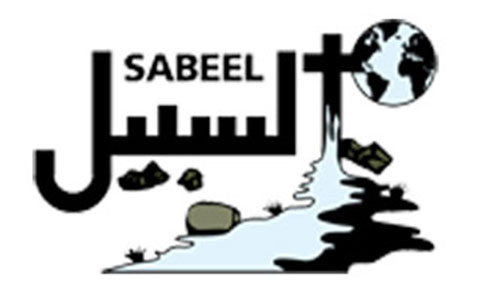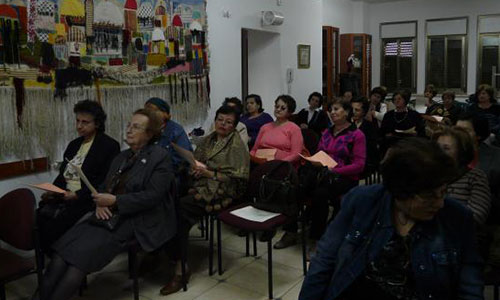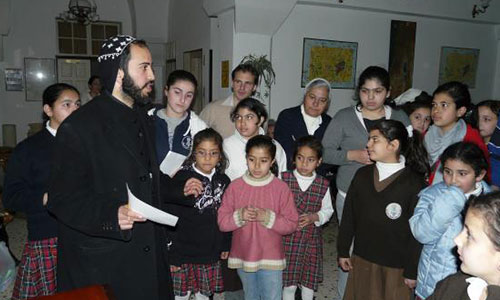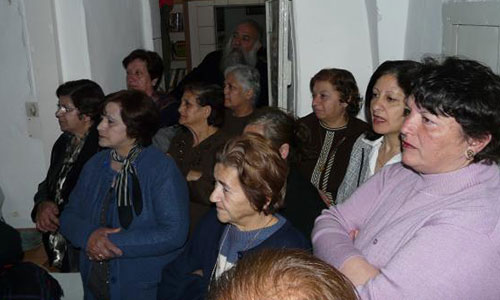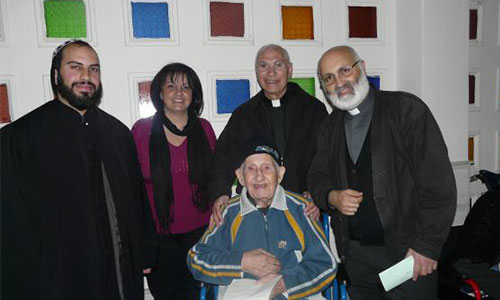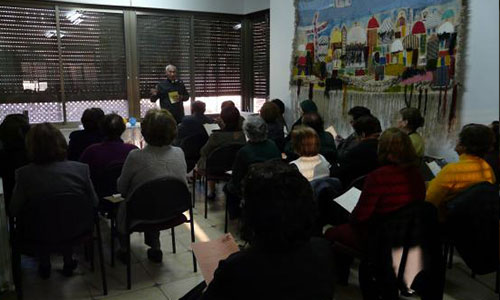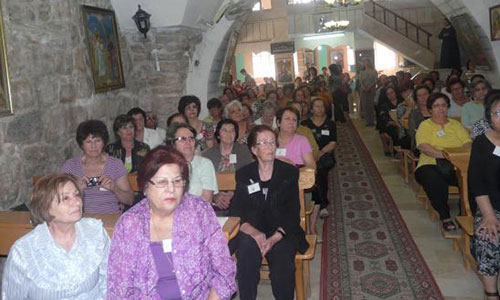
On Tuesday, May 24, 2011, over 120 women from Nazareth and Jerusalem paid a visit to the Northern area of our Palestinian countryside. The visit started at the center of Jenin City at the Latin Church, where Father Veto, the Catholic priest, led us to the villages of Kufur-qud and Burqiin. Father Veto introduced us to the small Christian community of Kufur-qud, which is only a few kilometers away from the city of Jenin. Nine Palestinian Christian women joined us at the village’s new church for prayers and biblical reflections lead by Father Veto. This was followed with general information about the village, the challenges the women face as a religious minority in the area and how they maintained their Christian identity. Our next stop was the village of Burqiin, where Jesus performed the miracle of the healing of the ten lepers. Father Veto reflected over the text Luke 17:11-19:
“11 On the way to Jerusalem Jesus was going through the region between Samaria and Galilee. 12As he entered a village, ten lepers approached him. Keeping their distance, 13they called out, saying, ‘Jesus, Master, have mercy on us!’ 14When he saw them, he said to them, ‘Go and show yourselves to the priests.’ And as they went, they were made clean. 15Then one of them, when he saw that he was healed, turned back, praising God with a loud voice. 16He prostrated himself at Jesus’ feet and thanked him. And he was a Samaritan. 17Then Jesus asked, ‘Were not ten made clean? But the other nine, where are they? 18Was none of them found to return and give praise to God except this foreigner?’ 19Then he said to him, ‘Get up and go on your way; your faith has made you well.”
The local Christians of Burqiin joined us for a visit to the old Orthodox Church, which dates back to the 4th century AD. They narrated the history of the church, showing us details such as the hole through which food was lowered down to lepers, and also gave feedback and information about their life as a minority Christian community of not over sixty people in a Muslim population of 1200.
At noon we headed to Zababdeh village, where we were greeted at the Latin School hall by Zababdeh Mayor Mr. Victor Issayed, Catholic priest Father Nidal Kanzoaa and Melkite priest Father Firas Diab. Later the Rev. Nael Abu Rahmoun from the Anglican Church joined the rest of the Zababdeh Clergy for ecumenical greetings. Afterwards forty women from different denominations joined for a Women’s Panel that was lead by Jacline Daoud retired head mistress. She explained the different roles, activities and challenges for Zababdeh women, emphasizing the high percentage of educated women and low percentage of available job vacancies that has lead to internal immigration to Ramallah to seek work and improve their own and their families’ living conditions. Finally the day ended with a local tour in the village and short prayers in the four churches of Zababdeh—Catholic, Greek Orthodox, Melkite and Anglican—accompanied by the clergy and Zababdeh women. Overall this time of fellowship and learning from each other really helped to build closer relationships among these different Palestinian Christian communities.




